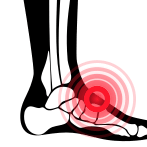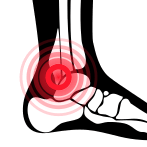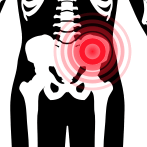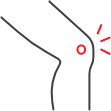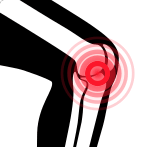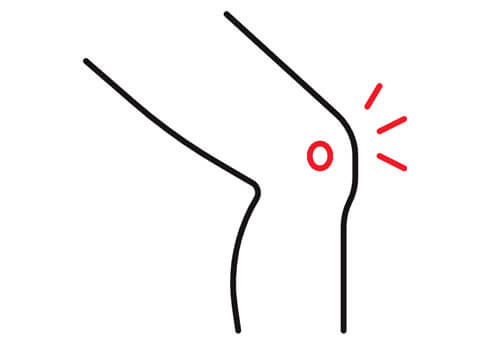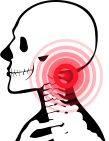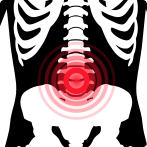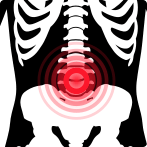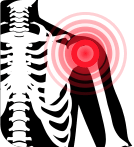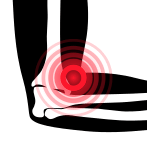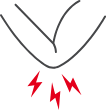OUCH! That’s the first thing most people think of when they hear about a dislocated shoulder. For anyone out there who grew up during the days of “Lethal Weapon,” starring Mel Gibson, you know EXACTLY what we’re talking about! Dislocated shoulders can be painful! The ticket, however, is to find a trustworthy physical therapist who can work with you on exercise to help prevent future shoulder dislocations once you’re dislocation has been reduced. That’s where Next Level Physio comes in.
What is a Shoulder Dislocation?
“What should I do if my shoulder popped out?”
Shoulder dislocations are not fun, but they are relatively common. A dislocated shoulder (popped out shoulder, as the kids are calling it these days) happens when the upper arm bone pops out of the shoulder blade. The shoulder is the body’s most mobile joint, so it’s not completely uncommon for it to pop out of place. That said, shoulder dislocations are not good. Plus, once you’ve dislocated your shoulder once, the chances that it will happen again are pretty high.
What Causes a Dislocated Shoulder?
The shoulder joint can be dislocated forward, backward, downward, partially, or completely. Usually options are good, but not so much in this case. A dislocated shoulder could result from a number of things. The most common causes of shoulder dislocations include:
- Sports Injuries. Shoulder dislocations are super common in contact sports like football and hockey. Other sports like downhill skiing, gymnastics, and volleyball may make players susceptible to shoulder dislocations if athletes fall during practice or a game.
- Sudden Trauma. Car accidents or other motor vehicle accidents that deliver a sudden blow to the shoulder area could pull the bones out of place to the point of a shoulder dislocation.
- Falls. Falling from a ladder or tripping on something as benign as a rug could lead to a dislocated shoulder.
Signs and Symptoms of Shoulder Dislocations
People with dislocated shoulders usually know it, whether that’s based on how it looks or how it feels. Without getting into too much graphic detail, some telltale signs of a dislocated shoulder include:
- Shoulder is visibly deformed and looks out of place
- Intense pain
- Inability to move the joint
- Swelling or bruising
- Numbness
- Weakness
- Tingling
How to Treat Shoulder Dislocations
The first thing to do if you suspect you may have a dislocated shoulder is seek medical help right away. While you’re waiting, avoid moving the joint and ice the area if you can.
Once you get to the ER, a medical provider will likely perform certain maneuvers to pop the dislocated shoulder back into place. Once everything is back in its rightful spot, your pain should subside relatively quickly, but movement will often be very limited.
From there, the next thing to do is rehab. Rehabbing a dislocated shoulder may include physical therapy wherein you’ll work to restore range of motion, strength, and stability of the shoulder joint. The goal is to get you.
Next Level Physio Physical Therapy for Shoulder Dislocations
Visit Next Level Physio and you can trust that your pain will not be permanent. Work with us to rehab your shoulder dislocation and get back on the baseball field in no time. In addition to working with people who have dislocated their shoulders, we also treat many other conditions including:
What kind of conditions do we treat? Here are just a few:
- Sports injuries
- Post-surgical rehab
- Fibromyalgia
- Knee and back pain
- Wrist and hand pain
- Ankle and foot pain
- Sciatica/back pain… and more
Depending on your chief complaint (ailment or condition), your diagnosis, and treatment options, some of the methods we use to assist patients are as follows:
- IASTM Technique
- Kinesio Taping
- Blood Flow Restriction Training
- Pediatric Physical Therapy
- Therapeutic Exercise
- Manual Therapy
- Electric Stimulation
- Cupping, and more
Click here> to schedule an appointment and a free consultation.
